In her 25-year career, Cristina Varner has heard a number of buzzwords come and go, but one concept that she was delighted to first hear about and see endure is “sponsorship.”
“When that term came up it really resonated with me…who’s in the room talking about you when you’re not there?” she says, citing studies showing women tend to be over-mentored and under-sponsored. She recalls a former boss who was a strong producer, and they gravitated toward one another. “We didn’t put a name on it, but it was sponsorship as she helped me be my best,” Varner says. “She would tell me that I was passionate, not impatient, as others might call me. In that way she would replace what sounded like a negative that I might be thinking I needed to fix and reframing it in a way that was positive.”
That’s why everyone who wants to grow in their career needs a sponsor, says Varner.
A Career Pivot Proves Successful
Turns out Varner had a lifetime “sponsor,” even though she just called him “dad.” That’s because she had initially planned on being a fashion buyer, but when she joined Nordstrom during a tough economic period, it didn’t take long to realize that buyers weren’t soon going to be giving up their jobs.
Her father was in insurance, and while he’d always said that insurance was a great business, she hadn’t intended to follow in his footsteps…and yet since he was nearing the end of his career, she joined to see what it was all about. “He was very old school and treated me like any employee,” she says. But that taste of the industry worked, and from there she decided it was what she wanted to do, embarking on what would become a fruitful and fascinating career.
Since Varner didn’t want to take over his business, he recommended she consider becoming a retail broker on the commercial side. She was willing to learn and also realized it was the right time as it was the Silicon Valley heyday, with companies unable to hire people fast enough. Varner started on the ground level and worked her way up, primarily working with tech companies at the time, before a pivot moved her into the life science industry. Since then she’s built two life science practices from the ground up, and that has led her to the professional achievement she is most proud of so far—building robust teams and being part of watching younger people grow and make names for themselves.
Her current company, which she spun out with a core group in 2012, is now in its eighth year.
A Fearless Leader
While she doesn’t recall having specific assumptions starting her career, she realizes the importance of not only having a strong work ethic—being willing to raise your hand for new opportunities, but also the power of being a non-conformist. Varner describes herself as not “cookie cutter,” but rather fearless, a trait she didn’t recognize as unique and valuable until she was farther along in her career.
That instinct was on full display when she and a small group decided to leave a large employer to spin off their new company, an unusual and courageous decision, given that insurance people in general are risk averse in their careers. “It took a leap of faith to believe in a new CEO and leave much of my team behind.” And of course, that sowed doubts: How would I be able to do this? Will clients come with us?
One of her biggest fears was that people wouldn’t come along with her, but her biggest client followed her with words that stuck with her, “I don’t do business with companies; I do it with people.”
Even with initial misgivings, looking back, she knows it was the best career decision she has made. “It allowed me to start fresh in that I could come up with creative ideas, and that was the biggest turning point in my career,” Varner says.
Building Support Mechanisms
Varner has been proud to be part of creating culture at ABD, including a Diversity, Equity and Inclusion Council formed last year. She also founded the ABDHer Employee Resource Group (ERG), a passion that comes from the fact that she was strongly challenged, inspired and mentored by female leaders in her career and wanted to pay it forward.
The group has spearheaded a number of initiatives, including currently hosting webinars with other female leaders. Recent offerings have included topics like how people can successfully lead in times of tumult.
“When I started my career, we were expected to just figure it out, but I think it’s important that we now have much more focus to help people navigate their careers and growth and build skills.” She also finds that men gravitate toward the group, many of whom had been supported by a strong female figure in their own lives, to show their support.
While Varner has had her share of mentors, she also looks to other avenues for inspiration, including Maya Angelou and Oprah Winfrey, citing the quote, “When people show you who they are, believe them the first time.” Varner heard this early on and became a devotee of her teachings, which she has found to be very impactful on her career.
Aside from her work, Varner is married and enjoys spending time outside, boating or just enjoying the summer weather, along with her “two spoiled dogs.” Her passion for dogs inspired her to connect with a local man who helps feed the dogs of homeless people and eventually started the nonprofit “Project Open Paw.” Varner also is close to completing training to be a crisis counselor for Crisis Text Line, which she heard about when she caught a podcast with the CEO. “It resonated with me as something outside of my career or normal hobbies,” she says. While it’s daunting, she is excited to make a difference. “You should always be doing things that scare you.”
by Cathie Ericson

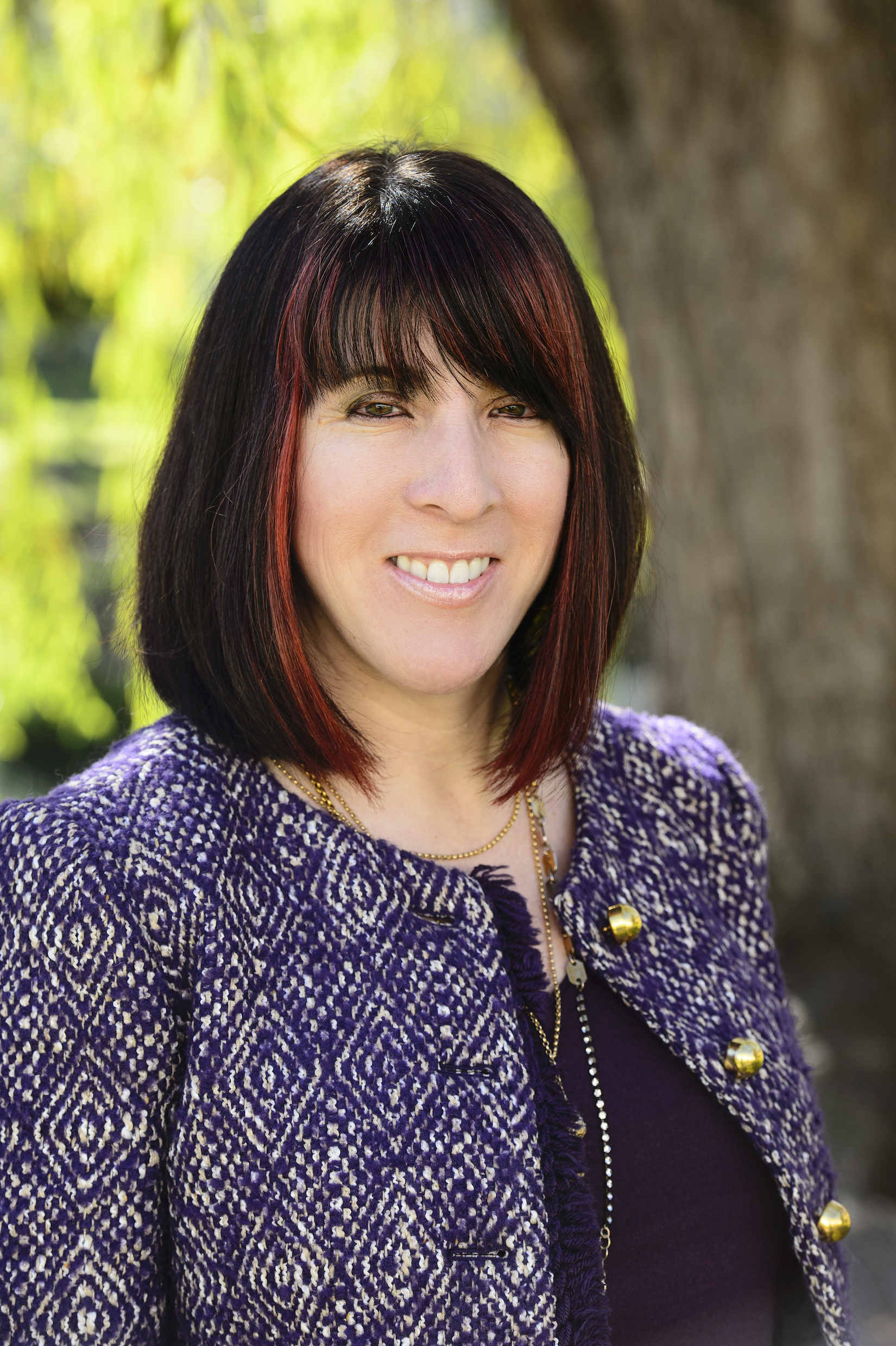

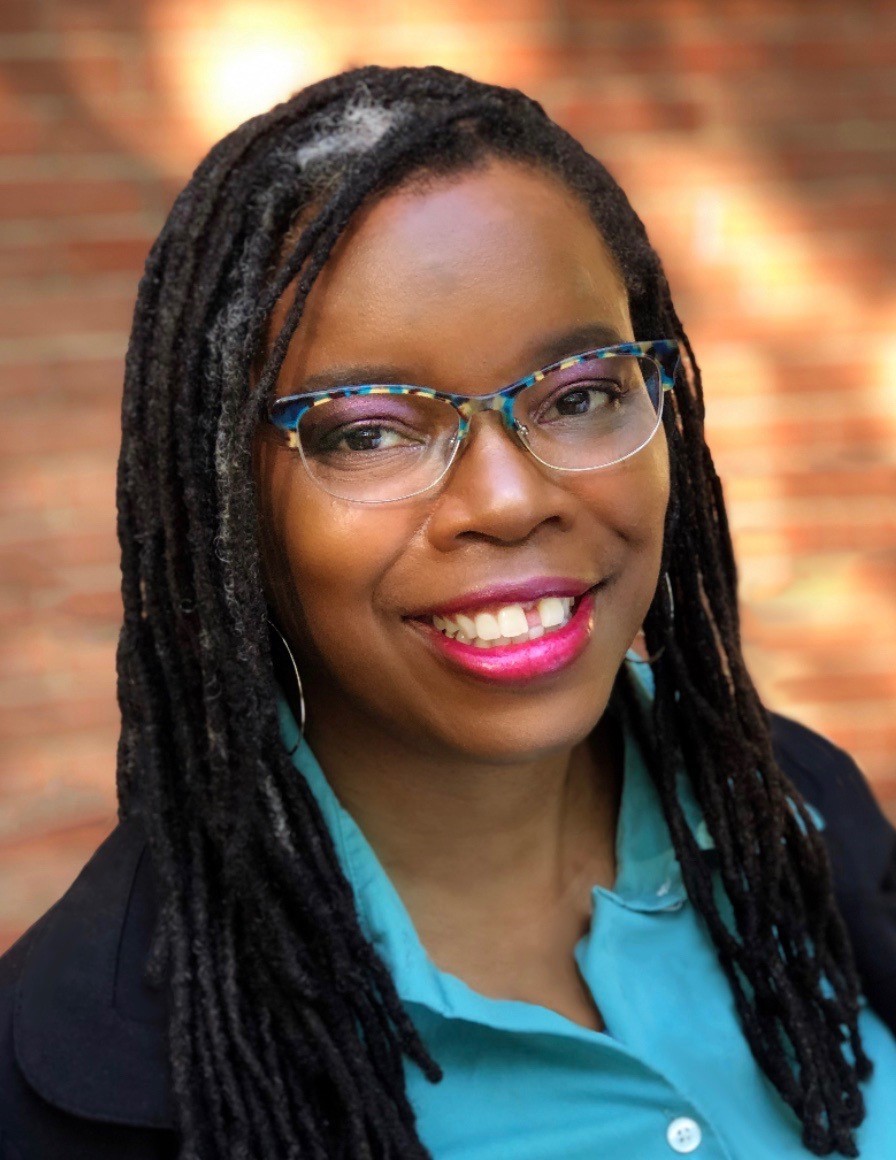
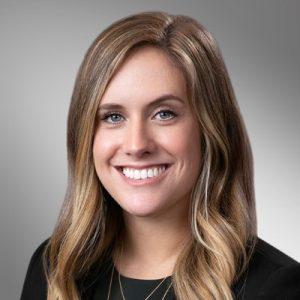
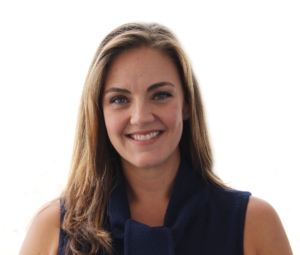
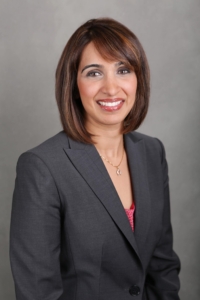


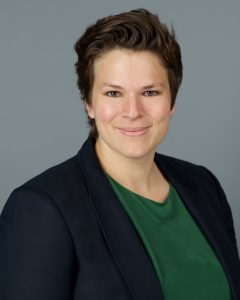 By Cathie Ericson
By Cathie Ericson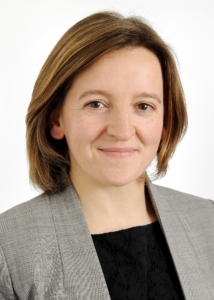 by Cathie Ericson
by Cathie Ericson